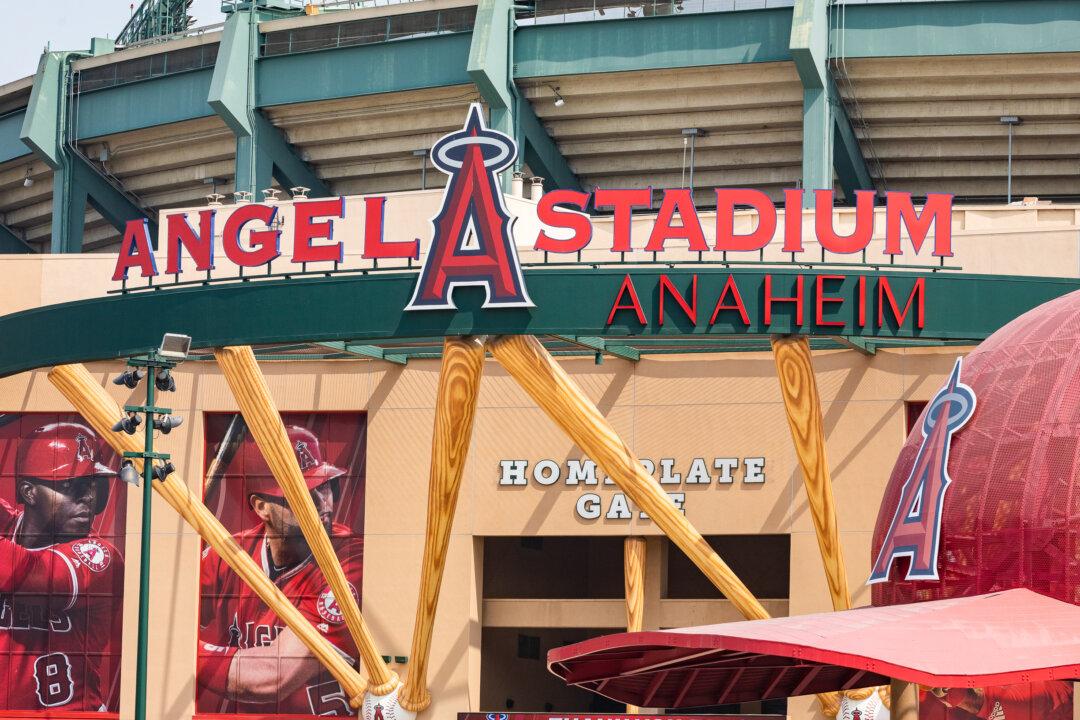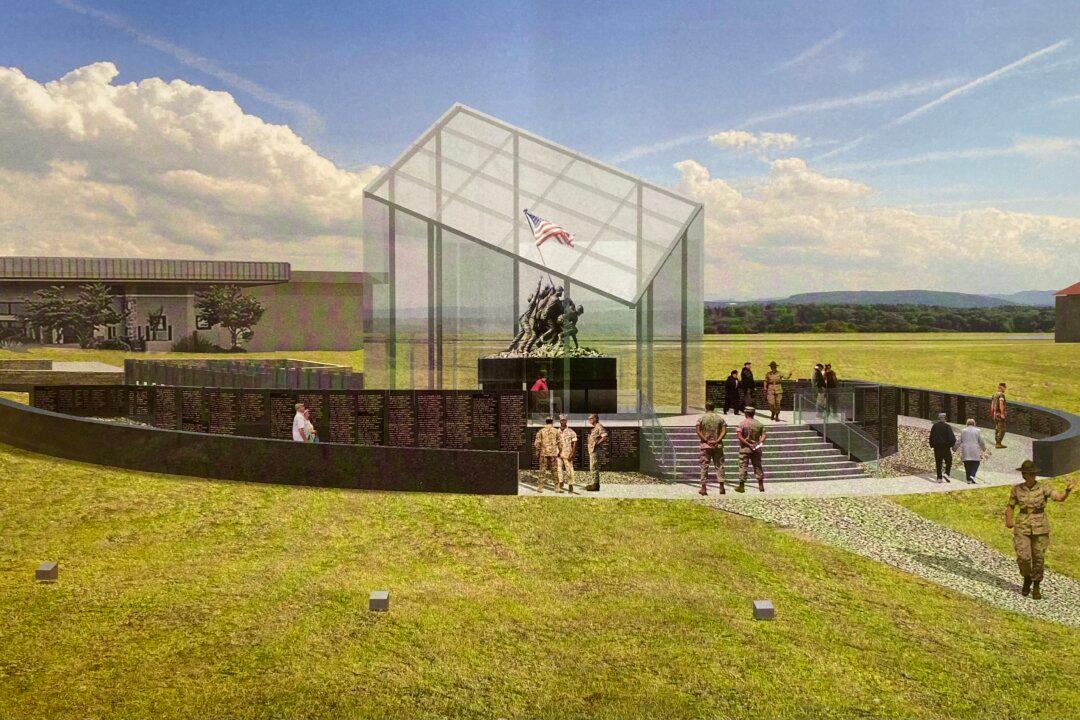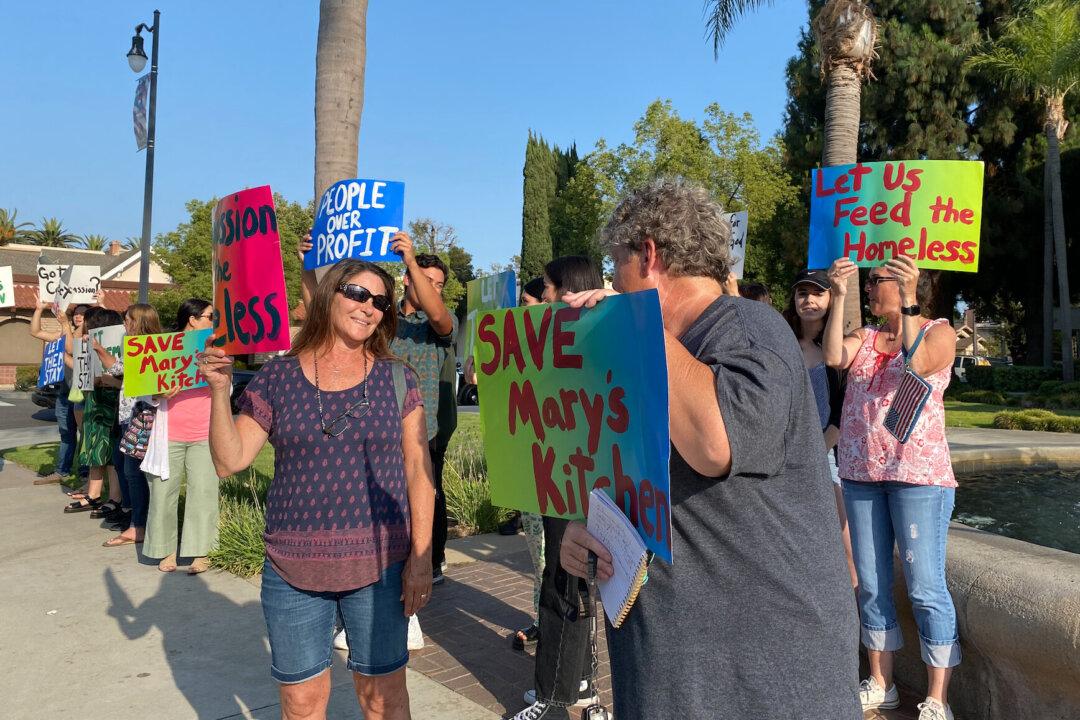ANAHEIM, Calif.—Community benefits are a key component of the deal brewing between the City of Anaheim and SRB Management, which is seeking to buy Angel Stadium and the surrounding land.
However, the main community benefits—466 affordable apartments and a seven-acre flagship park—come at a considerable cost. A total of $170 million has been subtracted from the $320 million cash price, with the understanding that SRB will invest that money in these benefits instead of paying it to the city.





